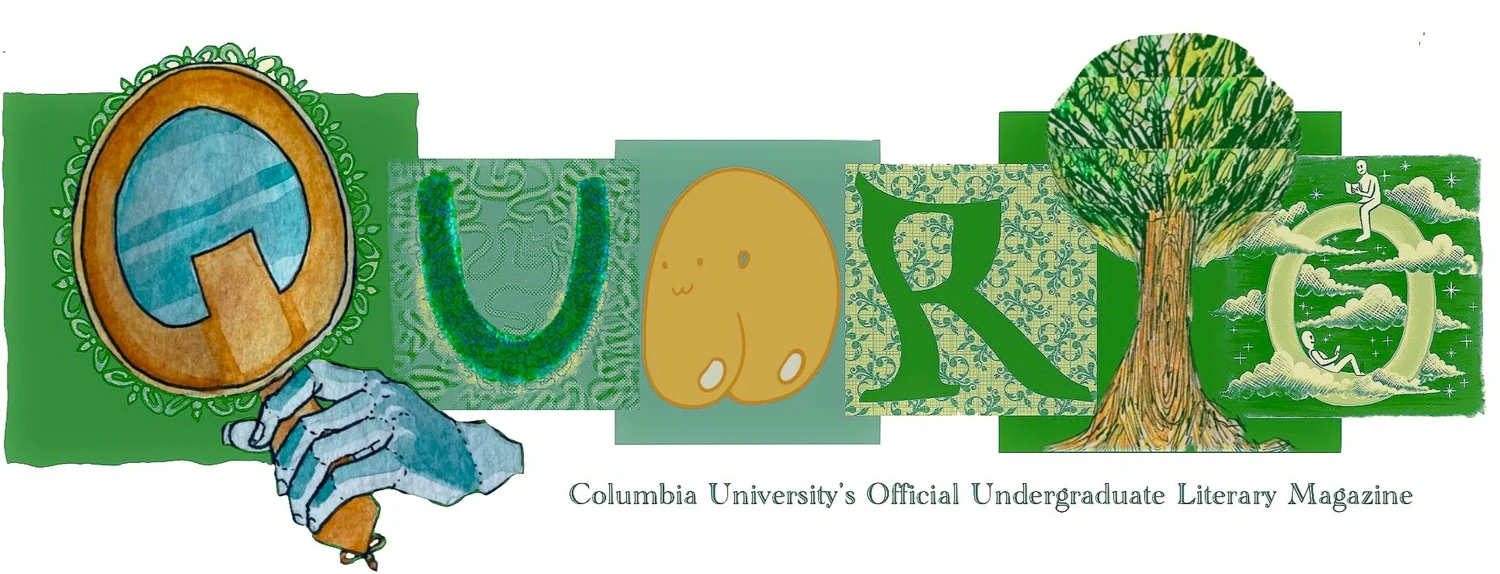After Henry Green
This piece was first published in Quarto’s 2021 Spring Print Edition.
I.
noun.
From the Latin, columba
meaning “dove”
In Chinese, naguta
“a pagoda-of-bones”
this dovecote
with its | lattice-work of shelves |
pockmarked by urns
one recalls:
the dome of the Pantheon
Borges and his infinite library
in its sheltering arms
porous, permeating, perforated
like skin under a microscope
or a chestnut
its dark, brawny husk
guarding the tender flesh
there’s a word in Chinese
yiwu (遺物): “leftover"
something discarded & remaindered
which we
embalm with associations
maunder with meanings
these few, worthless things
the deceased
have forgotten
left behind:
[too worn shoes,
a dozen, burnished coins
a pair of cracked
spectacles]
if I have anything like Religion
it might be
Etymology
for I enjoy nothing more
than the opening up of words
dismantling
their little boxes
and, like a well
peering down
into them.
II.
In this
budding grove I sit
on a mossy, lover’s bench
under an aged sycamore
on some decomposing, Irish estate
amid cornflowers
my presence disrupts
a tendentious stillness
With one careless movement
I startle them
their cries echo
from so many
small places
suddenly,
a gust of wind lifts
the ground swells
a shroud of white,
rippling, brilliant
momentarily blots the sun
Thomas Mar Wee (they/them) is a writer, poet, and editor based in New York and a senior studying English and Comparative Literature at Columbia University. A writer of poetry, fiction, and mixed-media work, their work seeks to explore liminality in literary forms and the ambiguities they inhabit as a mixed-race, genderqueer person. They are currently at work on a short story collection and a novel.

